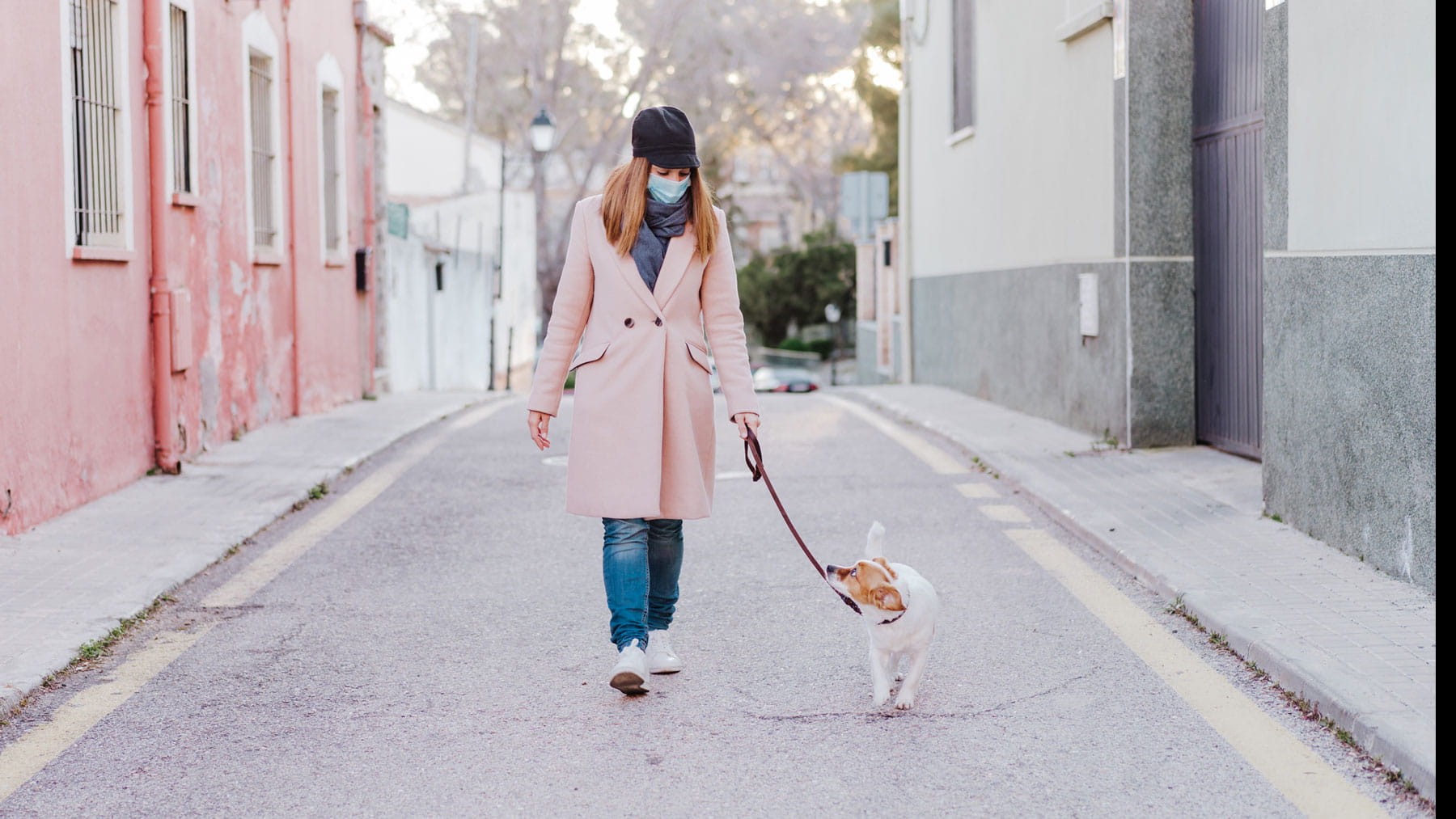What you need to know about COVID-19 and pets

Editor’s note: As what we know about COVID-19 evolves, so could the information contained in this story. Find our most recent COVID-19 blog posts here, and learn the latest in COVID-19 prevention at the Centers for Disease Control and Prevention.
Some people who love pets (and isn’t that all of us?) are wondering if their pets can be carriers of the coronavirus that causes COVID-19. The current pandemic is a human disease spread from person to person, and the good news is that there have been very few indications of this particular virus being active in pets.
In fact, according to foreign media reports, there have been only three instances of reported transmission from humans to animals—two dogs in Hong Kong and one cat in Belgium. According to the Brussels Times, a government report indicated that “both dogs did not show any signs of disease, but the cat has respiratory and digestive disorders.” It’s believed that the dogs didn’t have an active infection. However, evaluation of the cat is still ongoing.
Coronaviruses are a large family of viruses that range from the common cold to severe acute respiratory syndrome (SARS). Some coronaviruses cause cold-like illnesses in people, while others cause illness in animals, such as cats, dogs, cattle, pigs, horses, poultry, camels and bats. The canine and feline coronaviruses are very common in our pets and don’t cause illness in people.
There’s no reason to surrender or abandon your pet. In fact, if you’re able to welcome another pet into your home, consider adopting or fostering one from your local shelter. On a positive note, pet adoptions across the U.S. are increasing as stay-at-home orders grow, according to this MSN.com story.
Here are answers to a few questions we’re hearing about the pandemic coronavirus and pets:
How do I care for my pet if I’m sick with COVID-19?
Given the number of human cases diagnosed across the world and the fact that so few pets have been identified as having clinical signs of infection, the risk to your pet appears to be very low.
Although it’s unlikely that your pet will become infected or transmit COVID-19 to others, we’re still studying this new virus. In an abundance of caution, it’s recommended that we show our pets the same courtesies that are afforded to other members of our household.
Here's advice from the Centers for Disease Control and Prevention (CDC) for COVID-19 patients living with pets:
- Don’t put personal protective equipment such as masks or other supplies on your pet. This won't protect them from exposure, and the PPE should be conserved for human health care providers.
- Reduce your contact with your pet. Ideally, have someone else in the household provide basic care for your pet. If you’re the only one who can provide basic care for your pet, wear a facemask when with them and wash your hands before and after contact.
- Avoid sneezing and coughing on or in the direction of your pet.
- Avoid close contact, including petting, snuggling, being kissed or licked, and sharing food.
- Avoid prolonged contact such as napping or sleeping together in the same place.
- Plan for the possibility that you might be hospitalized and unable to care for your pet. Identify a friend or family member who’ll take care of your pet. This is especially important if you live alone.
What should I do if my pet becomes ill after it’s exposed to COVID-19?
If your pet has been exposed to a person with COVID-19 and develops a respiratory illness, discuss the situation with a veterinarian. They likely will recommend testing for more-common causes of these signs in pets before considering the unlikely possibility of COVID-19. Testing of healthy animals that have been exposed to COVID-19 isn’t recommended, according to the CDC and the National Association of State Public Health Veterinarians.
For more information about your pet and the pandemic, visit The Ohio State University College of Veterinary Medicine's website.
Jeanette O’Quin is a veterinarian and assistant professor in The Ohio State University College of Veterinary Medicine.




